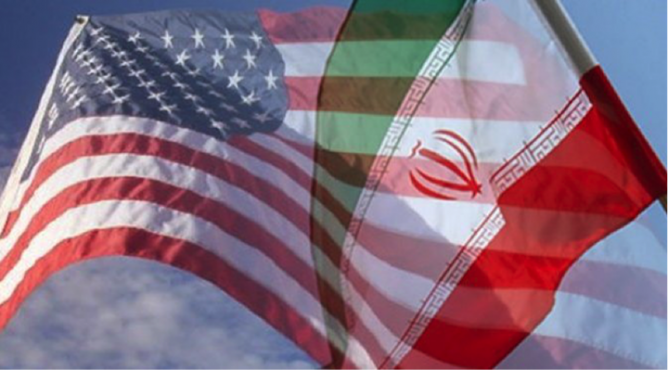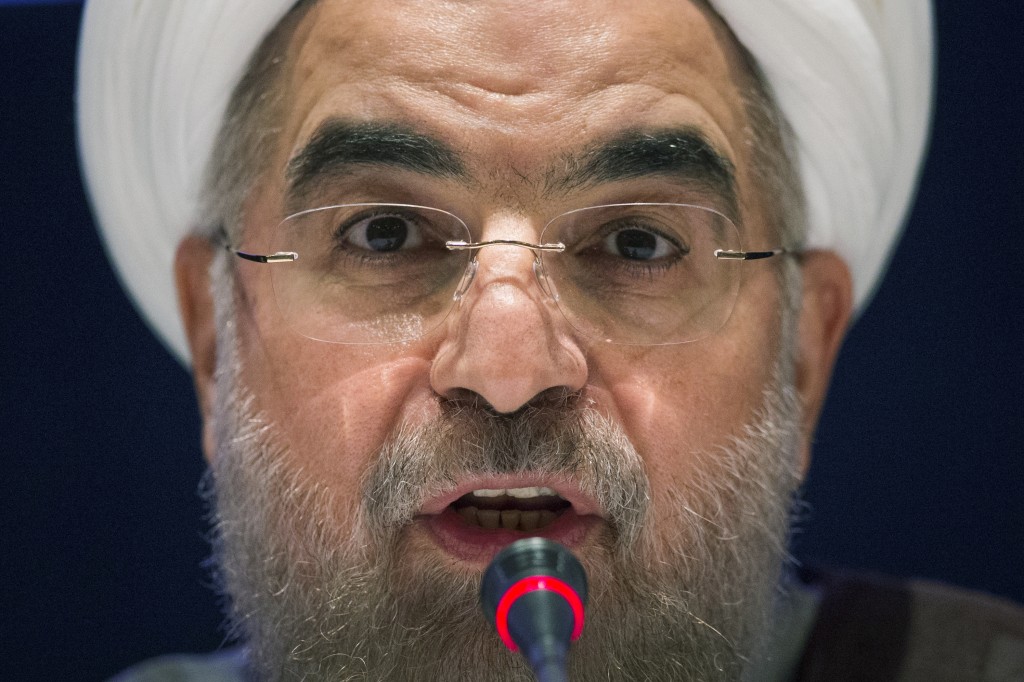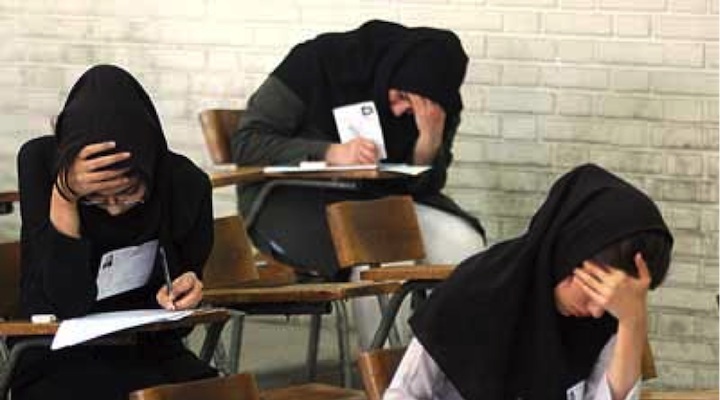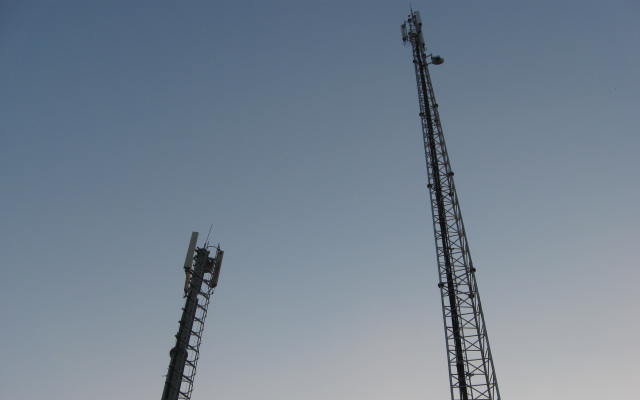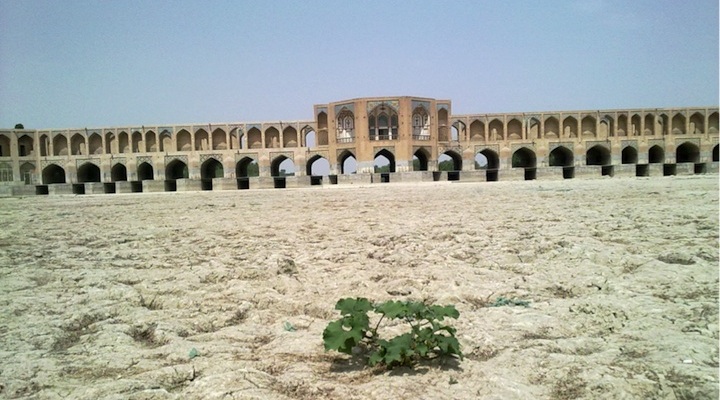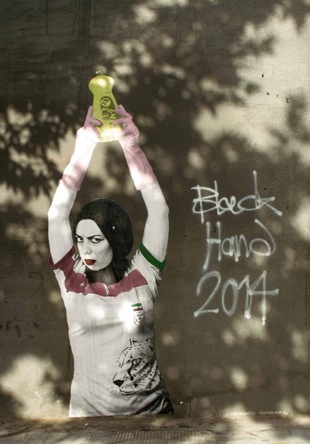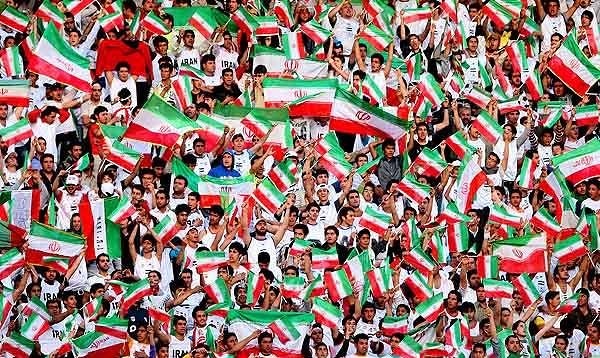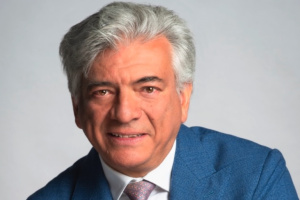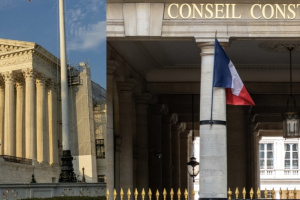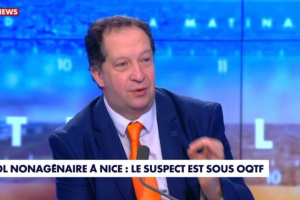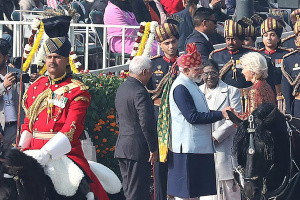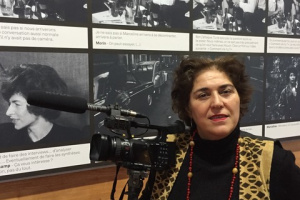Not long ago, the common remark coming from White House regarding Iran was “all options are on the table”. While the “crippling sanctions” of the Obama administration devastated Iran’s economy, hawks in Congress and the Israeli Prime Minister Benjamin Netanyahu, continuously warned the US government of the dangers of appeasing a nuclear-armed Iran bent on regional domination.
Fast-forward 18 months, and the emergence of a self-proclaimed “Islamic caliphate” with a seemingly endless appetite for brutality in an already chaotic region, has dramatically altered the geopolitical landscape of the Middle East.
An alliance with the potential to be reinforced over the long term
For many observers, the interim nuclear agreement between Iran and P5+1 signed in November 2014 significantly reduced the imminent threat of a pre-emptive attack against Iran. But events over the summer, namely the swift rise of the “Islamic State of Iraq and Syria” (ISIS), partly facilitated by the actions of US allies in the region, have placed Iran and the US in an unexpected common ground in regional politics, even if Iran is the notable absentee from the official coalition against ISIS. The new regional configuration in the Middle East may thus signal the beginning of a more durable détente between Iran and the United States.
“There is a distribution of roles on the ground with the same objective, between what we can call ‘forced allies’”, said David Rigoulet-Roze, researcher at Institut Français d’Analyse Stratégique (IFAS), referring to the cooperation between Iran and US in Iraq in battling ISIS.
Moreover, according to Rigoulet-Roze, also associated with l’Institut prospective et sécurité en Europe (IPSE), and the Brussels-based MEDEA institute “this alliance is not simply opportunistic”, but has the potential to “be reinforced over the long term”.
In late August, ISIS forces stormed the predominantly Shia town of Amerli in Northeast Iraq, about 20 miles from the Iranian border. After a week of intensive fighting, Shia militias on the ground supported by Iran, aided by aerial bombardment conducted by the US, successfully stopped the advance of ISIS forces into the cluster of Shia villages. US officials later denied any direct contact with the Iranians during the air raid, insisting that any coordination with the ground forces would have occurred through the Iraqi Security Forces.
The Amerli campaign was the first successful instance of what appears to be an effective tactical coordination between Iran and the US in Iraq. There is now, a more-or less clear demarcation of zones under the control of the US army and Iran-backed forces in Iraq: the Americans are in charge of the region governed by the Kurdish Democratic Party, including Erbil, while the Iranians oversee the territory around Baghdad, Samara and the border town of Sulaymaniah.
Crucially, the tactical cooperation between Shia militants and US air raids was predicated on a political accord between regional countries, including Iran and the US.
“The West led by Obama was not willing to engage in air strikes until a political track had been devised in Iraq” said Ellie Geranmayeh, Policy Fellow at the European Council on Foreign Relations. “The political track needed the Iranians on board, needed the Saudis on board and it needed the Americans on board”, she added.
This political agreement involved the replacement of Nouri al-Maliki, who was widely criticised for alienating Iraq’s Sunni population from the political scene, by another Shia politician Haidar al-Abadi, who promised to form a more inclusive government.
Serious questions about the long-term functioning of the coalition’s agenda in Syria
If however, the existence of a regionally accepted political solution facilitated the coordinated military response in Iraq, by contrast, the lack of a definitive political track in Syria raises serious questions about the long-term functioning of the coalition’s agenda in this country.
For the moment, the anti-ISIS coalition assembled by the US is a counter-terrorism campaign seeking to “degrade and destroy” ISIS, as put forward by President Obama. The US strategy in Syria also involves arming and training moderate opposition forces, but does not include any direct military strategy against Syrian President Bashar al-Assad. This is while the regional opponents of Bashar-al Assad claim that the brutality of the Syrian government facilitated the rise of ISIS in the first place.
“The US has been very careful not to allow the mission to creep into an anti-Assad campaign” said Geranmayeh. “And it has done so for a number of reasons, but predominantly because a campaign of that kind needs congressional approval in the US”, she added.
The reluctance on the part of the US to engage in an anti-Assad campaign continues to cause frustration amongst US allies in the region.
Last week, during the annual Arab-US policy conference, former Saudi intelligence chief and ambassador to the United States, Prince Turki al-Faisal criticised the US for not acting earlier to remove Bashar al-Assad from power, thereby allowing ISIS to flourish.
« This is not the time to say, ‘We told you so’ — it is time to go forward and build on the present military action with a political program to pacify and defuse the many hot spots in the Middle East, » Faisal said during the conference. « Destroying the “Islamic State” is welcome but it is the symptom, not the disease,” he added.
Echoing the same frustration against the US, Turkish President Recep Tayyip Erdogan, last week told reporters that the US remains unwilling to take part in an anti-Assad campaign. “There is this mentality in the West: ‘If Assad goes who will replace him?’ But they are not bothering to consider that the person to come will be a person elected by the people,” Erdogan said, on his way travelling back to Turkey from an official visit to Latvia.
This public expression of frustration over US reluctance to take part in an anti-Assad campaign takes place even as multiple reports have indicated that the efforts of Persian Gulf monarchies and Turkey in seeking to remove Bashar al-Assad at all cost, have in fact contributed to the rise of ISIS in the first place.
During a forum at Harvard University last month, US Vice-President Joe Biden was asked about the situation in Syria, and his response surprised many observers. “My constant cry was that our biggest problem is our allies — our allies in the region were our largest problem in Syria” Biden Said. “They poured hundreds of millions of dollars and tens, thousands of tons of weapons into anyone who would fight against Assad — except that the people who were being supplied were al Nusra and al Qaeda and the extremist elements of jihadis coming from other parts of the world”, he continued.
Shortly afterwards, in a statement released by US embassy in Ankara, Biden apologised for the implication that Turkey and other allies had “intentionally” facilitated the rise of ISIS. Yet despite the apology, recent events appear to have created a sense of mistrust between regional allies and US. “Since September, there is a diffuse awareness that the official allies are not necessarily friends” said Rigoulet-Roze of the US perspective in the Middle East.
The rise of ISIS could pave the way for a more durable détente between Iran and the US
The result of this disagreement over strategy in Syria is that the coalition lacks the clear and unified approach it has in Iraq. The other unintentional by-product is that the strategy of the US vis-à-vis Syria – reluctant as it is to invest in a comprehensive campaign against Assad – is no longer in direct contradiction to Iran’s position towards Damascus. “To be sure, the Americans want Bashar to fall. But at the same time, there is a certain leniency today towards Bashar, since Bashar is an ally of Iran. And since the interests of Iran and US are in convergence, the priority is no longer Bashar,” explained Rigoulet-Roze.
The critical question is whether the new regional formation allows for a broad political agreement in Syria, similar to that which occurred in Iraq. It is still a distant scenario, but perhaps no longer an impossible one.
Of course, the definitive item determining any future rapprochement between Iran and the US is the nuclear dossier, with the deadline of November 24 fast approaching. But the rise of Islamic State has led to a tentative – if unintentional – regional understanding between Iran and the US that could pave the way for a more durable détente.
“The formation and the expansion of ISIS” said Geranmayeh “has brought to light for the West that Iran may be a long-term strategically important regional actor that we need to have a business-like relationship with”.





